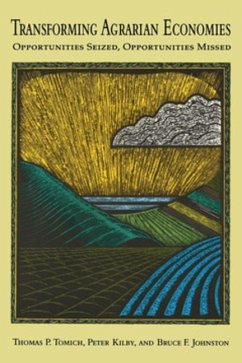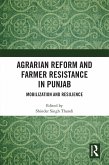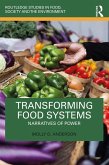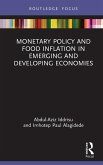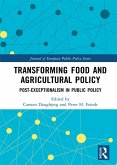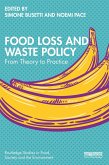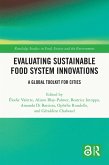The world's 58 poorest countries are diverse in many respects, but they share the characteristic of a labor force overwhelmingly dependent on agriculture. Challenging the assumption that mass poverty and chronic hunger are insoluble problems, this book systematically explores the multiple aspects of economic development in these countries, which are home to 60 percent of the world's population.
The authors offer a broad-based development strategy to raise incomes through agricultural productivity growth and expanded rural employment. They present rich new information on the rural informal sector and on agriculture-industry interactions, and they analyze the impact of macroeconomic and social policies on the rural economy. Policy instruments aimed at bringing about broad-based development are carefully assessed from fiscal policy to development of hew seeds and farm implements.
The book includes detailed case studies of countries that have seized-or missed-development opportunities. Comparison of the successful economic transformations of Japan and the United States shows how key ideas, which the authors call strategic notions, have enabled policymakers to act with foresight. Analyses of strategic choices in China, the Soviet Union, Taiwan, Mexico, Kenya, and Tanzania also show how development strategies that emerge from the real-world political economy reflect a mix of individual interests and strategic notions.
The authors offer a broad-based development strategy to raise incomes through agricultural productivity growth and expanded rural employment. They present rich new information on the rural informal sector and on agriculture-industry interactions, and they analyze the impact of macroeconomic and social policies on the rural economy. Policy instruments aimed at bringing about broad-based development are carefully assessed from fiscal policy to development of hew seeds and farm implements.
The book includes detailed case studies of countries that have seized-or missed-development opportunities. Comparison of the successful economic transformations of Japan and the United States shows how key ideas, which the authors call strategic notions, have enabled policymakers to act with foresight. Analyses of strategic choices in China, the Soviet Union, Taiwan, Mexico, Kenya, and Tanzania also show how development strategies that emerge from the real-world political economy reflect a mix of individual interests and strategic notions.
Dieser Download kann aus rechtlichen Gründen nur mit Rechnungsadresse in A, D ausgeliefert werden.

